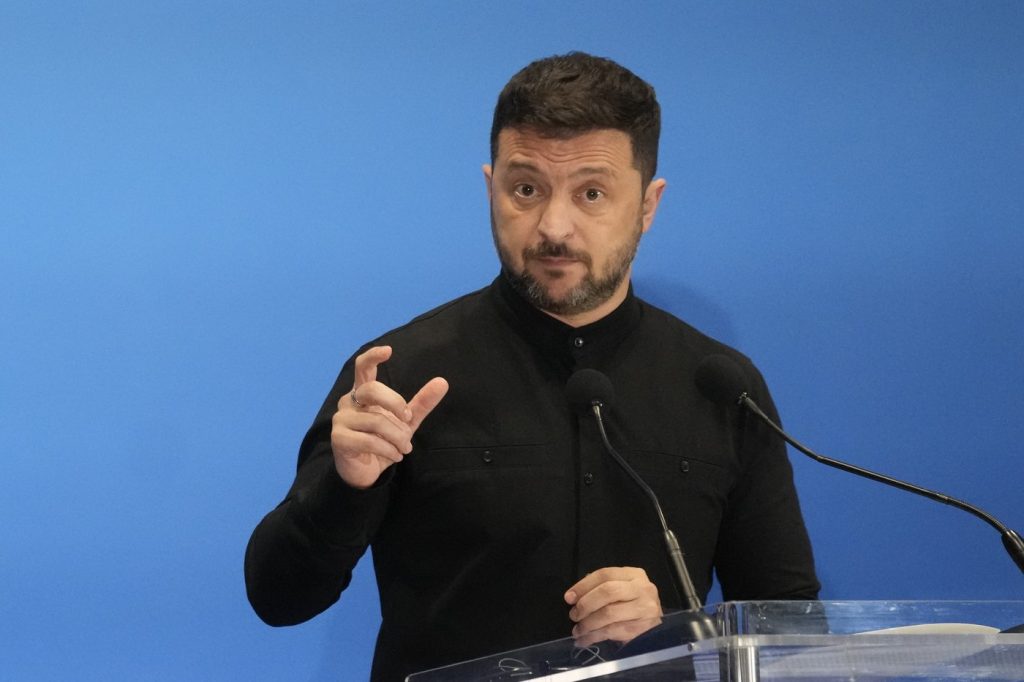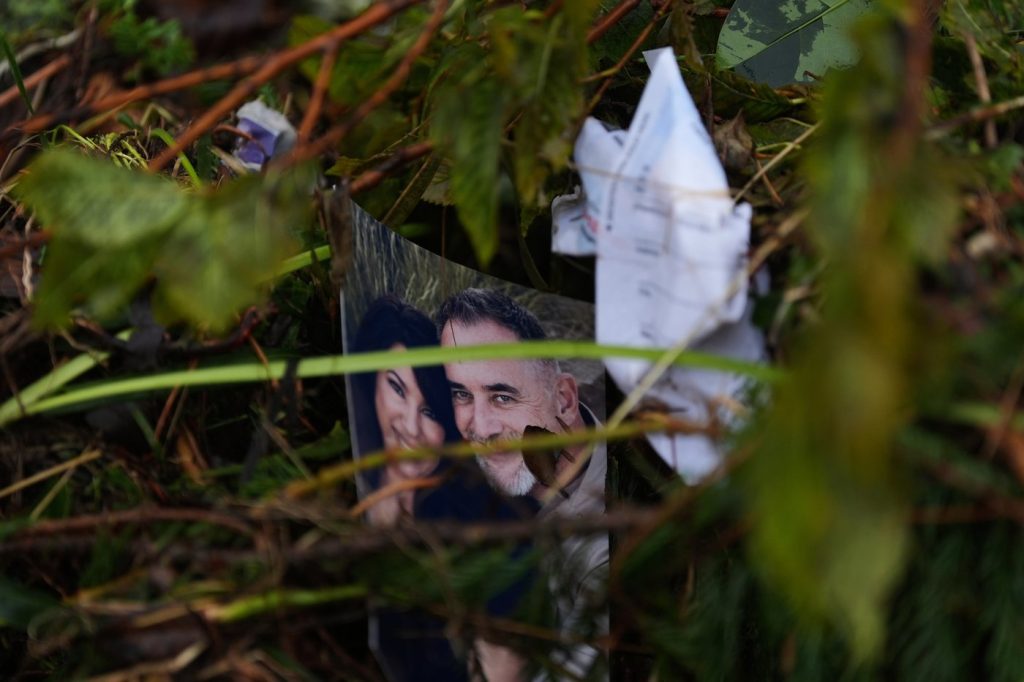Countries preparing to establish a post-ceasefire troop presence in Ukraine reached an agreement to set up their headquarters in Paris for a rapid deployment following the cessation of hostilities in Russia's ongoing conflict with its neighbor. Notably, a U.S. delegation, including retired Lt. Gen. Keith Kellogg, attended the meeting for the first time. Kellogg, who served as the special envoy for Ukraine and Russia under former U.S. President Donald Trump, participated in the discussions held on the sidelines of the fourth annual Ukraine Recovery Conference in Rome.
Significant figures attending included Republican Senator Lindsey Graham and Democratic Senator Richard Blumenthal, who have co-sponsored a new sanctions bill that proposes an astonishing 500% tariff on goods imported from nations that continue to purchase Russian oil. French President Emmanuel Macron and U.K. Prime Minister Keir Starmer joined the proceedings through videoconference from Britain, where Macron was engaged in a state visit.
In their joint statement, coalition members confirmed the establishment of a Paris headquarters for the initial year of the Multinational Force Ukraine, which will then rotate to London. There are plans for a coordination cell to be set up in Kyiv, the capital of Ukraine. The force, which will comprise around 30 unidentified member nations, is designated to provide logistical support and training expertise aimed at helping to rebuild Ukraine’s armed forces, secure its airspace, and enhance the protection of the Black Sea.
Despite the high-level discussions, no specific commitment of troops was made, with both Senators Blumenthal and Graham explicitly ruling out the deployment of U.S. forces on the ground. Starmer emphasized that this “reassurance force” is critical for maintaining security across Europe. He remarked, “That is why the coalition of the willing is ensuring we have a future force that can deploy following a ceasefire to deter Russian aggression for years to come,” underscoring the importance of the collective military presence.
Italian Premier Giorgia Meloni expressed her pride in Washington's participation in the coalition's meeting, describing it as a vital indicator of Western solidarity in support of Ukraine. She remarked, “I do agree that we must also increase pressure on Moscow to achieve as soon as possible a ceasefire that will finally make way for diplomacy, but we must be clear that this can only happen through deterrence.”
Ukrainian President Volodymyr Zelenskyy conveyed his gratitude towards Kellogg, Graham, and Blumenthal for their presence and acknowledged recent signals of support for Ukraine from Trump. He reiterated a point made by Blumenthal during the closed-door meeting, emphasizing the significant number of countries willing to stand by Kyiv on the ground. Blumenthal’s remark that the gathering of so many leaders “was worth more than 1,000 words” resonated with Zelenskyy, who stated that the announced aid packages and definitive signals regarding sanctions were meaningful actions, stating, “I believe that these words aren’t empty.”












